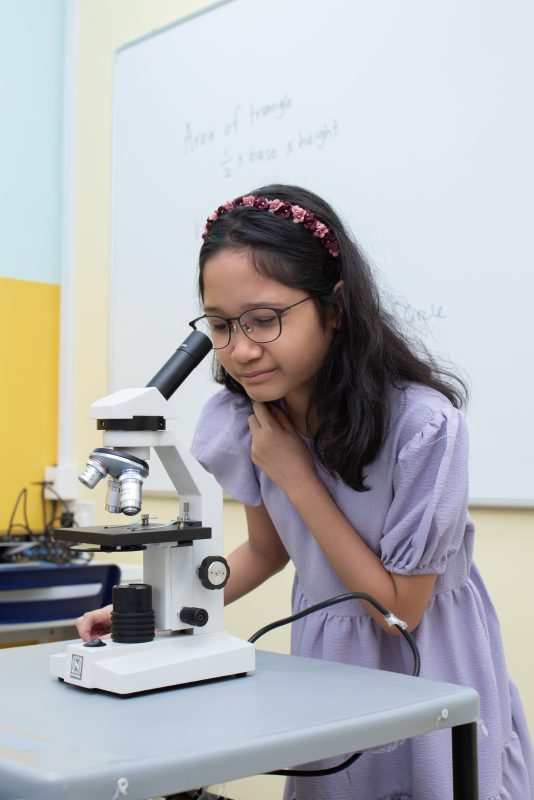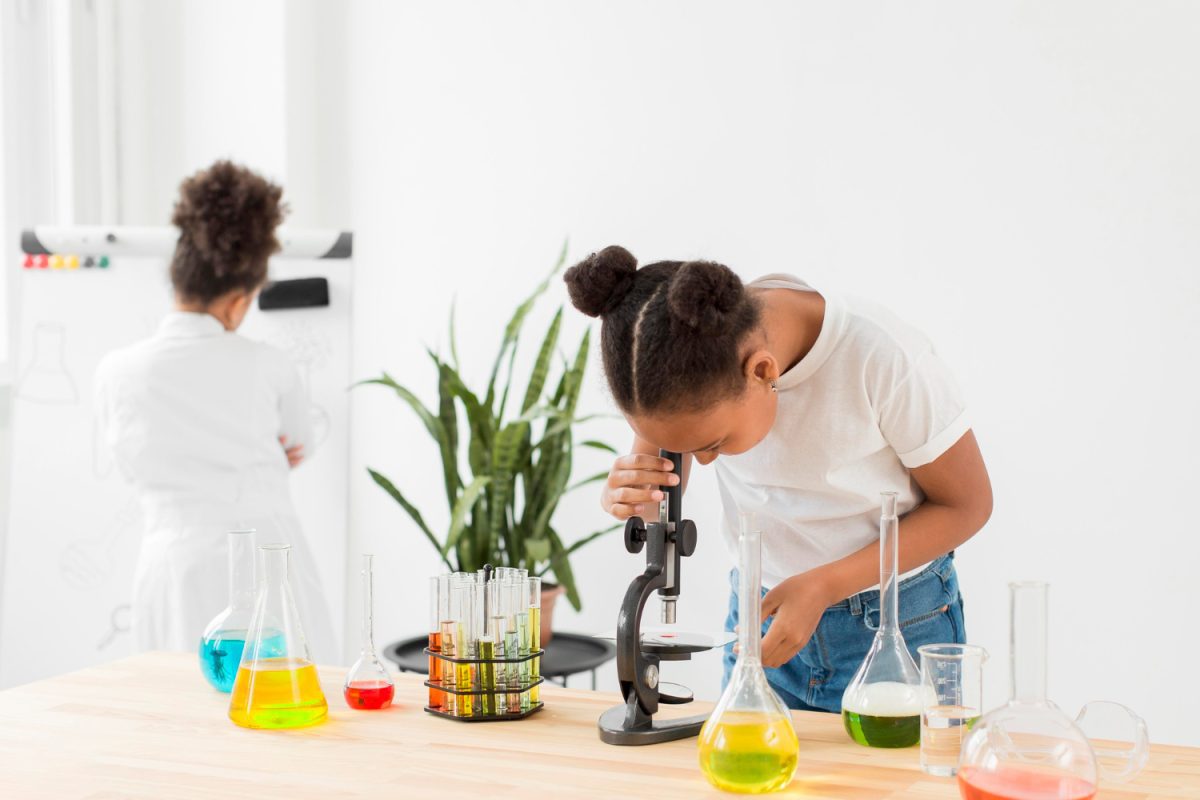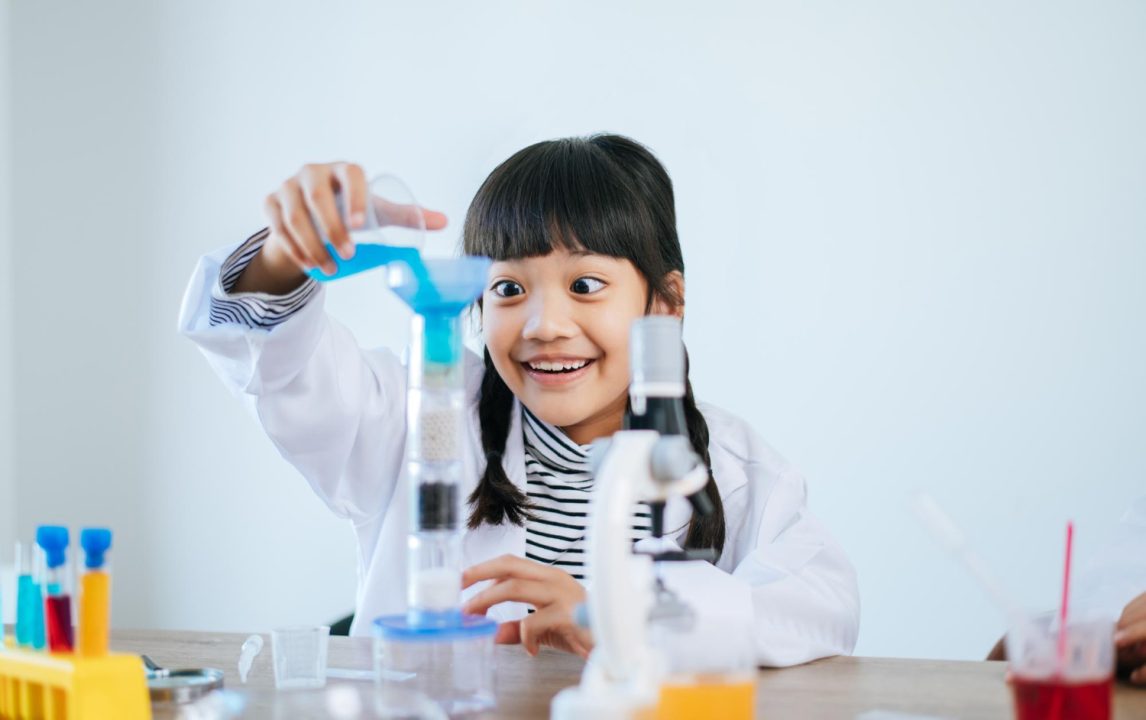Singapore’s education system is globally recognized for its excellence, particularly in the fields of mathematics and science. Primary science, the foundation of science education, is given significant emphasis. It aims to cultivate inquiring minds, stimulate curiosity about the natural world, and foster a lifelong interest in science. This article delves into the specifics of what children learn in primary science in Singapore and how science tuition can play an integral role in this learning journey.
The Framework of Primary Science Education in Singapore
The Ministry of Education (MOE) has designed a science curriculum framework that effectively blends knowledge, process skills, and ethics and attitudes. The primary science curriculum aims to equip pupils with sound scientific knowledge, and a strong understanding of the nature of science. This includes developing problem-solving and critical thinking skills, cultivating scientific attitudes and ethics, and promoting an appreciation for science in everyday life.

Core Scientific Knowledge and Concepts
Primary science education in Singapore provides children with a broad base of scientific knowledge. This includes life sciences, where students learn about plants, animals, and the human body. Physical sciences focus on the study of matter, forces, and energy, while earth and space sciences introduce topics like weather and the solar system.
The curriculum takes a thematic approach, connecting related scientific concepts under common themes such as “diversity”, “cycles”, “systems” and “interactions”. This approach helps students recognize the interconnectedness of scientific ideas, and see the relevance of science in everyday life.
Scientific Process Skills
In addition to knowledge, the primary science curriculum in Singapore emphasizes the development of scientific process skills. These skills fall into three categories: basic, integrated, and investigative. Basic process skills include observing, comparing, and classifying, while integrated skills require students to infer, analyze, and synthesize information. Investigative skills are developed through science investigations, allowing students to apply both basic and integrated process skills in a scientific context.
Science tuition can be particularly beneficial in honing these skills. Through personalized, targeted instruction, science tuition can reinforce these skills and concepts, helping students become confident, independent learners.
Ethics and Attitudes
Developing an understanding of scientific ethics and cultivating positive attitudes towards science are key objectives of the curriculum. Students are taught the importance of honesty, accuracy, cooperation, and safety in conducting scientific investigations. Additionally, they are encouraged to show curiosity, perseverance, and inventiveness.

Science Beyond the Classroom
Learning in primary science extends beyond the traditional classroom. Enrichment activities, field trips, and hands-on science experiments allow students to experience science in real-world settings. These activities not only enhance knowledge and skill acquisition but also cultivate interest and enthusiasm for science.
Science tuition can supplement this experiential learning by providing additional opportunities for hands-on experimentation and exploration. It offers personalized instruction that caters to the unique learning needs and interests of each student, promoting deeper engagement with the subject.
The Role of Assessment in Primary Science
Assessment in primary science serves to provide information on pupils’ learning progress. It includes formative and summative assessments, performance-based assessments, and science investigations. These assessments are designed to evaluate students’ knowledge, understanding, and application of scientific concepts and process skills.
With a focus on performance feedback and improvement, science tuition can support assessment preparation, helping students understand expectations, improve their knowledge and skills, and build confidence in their abilities.
Conclusion
In conclusion, primary science education in Singapore is a comprehensive, well-structured curriculum that integrates knowledge, process skills, and ethics. It goes beyond the classroom to provide students with enriching, real-world scientific experiences. Science tuition plays a vital role in this journey, offering personalized support that enhances students’ understanding, skills, and love for science. The strong foundation built during these primary years can spark lifelong interest and curiosity about the natural world, and equip children with critical thinking skills applicable in all areas of life.

